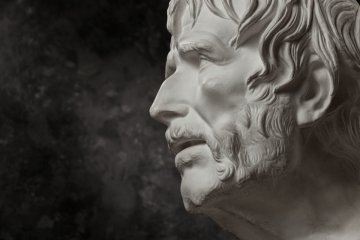Roy Wayne Meredith III in Quillette:
 In less than three months, COVID-19 has changed from a peripheral concern, barely registering in presidential debates, to the greatest global crisis since World War II. We are living in extraordinary times, and there is scarcely an industry or country that has escaped the impact of the new virus. In the United States, the Federal Reserve estimates that the unemployment rate could briefly skyrocket to 32 percent—higher than anything the country experienced during the Great Depression. People have lost their livelihoods. Many others are scared about what is to come when they develop a fever or cough.
In less than three months, COVID-19 has changed from a peripheral concern, barely registering in presidential debates, to the greatest global crisis since World War II. We are living in extraordinary times, and there is scarcely an industry or country that has escaped the impact of the new virus. In the United States, the Federal Reserve estimates that the unemployment rate could briefly skyrocket to 32 percent—higher than anything the country experienced during the Great Depression. People have lost their livelihoods. Many others are scared about what is to come when they develop a fever or cough.
Illness, financial hardship, and loneliness are, nevertheless, well-trodden paths. One man who can guide us along the way is Seneca the Younger, a Roman philosopher and statesman and contemporary of Jesus. Seneca suffered from asthma, and his condition sometimes left him bedridden and gasping for air. As he grew older, he even contemplated suicide because his affliction was so severe. Seneca’s lifelong illness, as well as his background in Stoic philosophy, gave him the insight he needed to find dignity and joy in periods of extended hardship. “There are times,” he once wrote, “when even to live is an act of bravery.”
You don’t have to test positive for COVID-19 to appreciate the consolation offered by Seneca’s wisdom.
More here.
